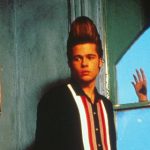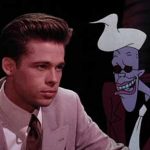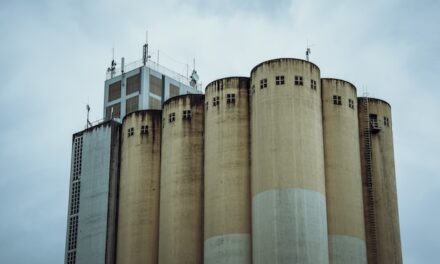Sara Watson is one of our new volunteers here at the Cincinnati Review. Unfortunately, we’re an office staffed by introverts, and so we spend much of the day avoiding eye contact and answering each other’s earnest attempts at speech with a series of gradually quieter and quieter “yeah”s. To give our blog readers a feel for her as a person, in lieu of the awkwardness of actually getting to know Sara, we’ve instead researched her through Wikipedia, discovering some odd similarities with one Brad Pitt.
Sara Bradley “Brad” Watson (born December 18, 1963) is an American actor and film producer, as well as graduate student in creative writing. Watson has received four Academy Award nominations and five Golden Globe Award nominations, winning one Golden Globe. Watson first gained recognition as a cowboy hitchhiker in the road movie Thelma & Louise (1991).
Watson’s onscreen career began in 1987, with uncredited parts in the films No Way Out, No Man’s Land and Less Than Zero. Her television debut came in May 1987 with a two-episode role on the NBC soap opera Another World. She appeared in four episodes of the CBS primetime series Dallas between December 1987 and February 1988 as Randy, the boyfriend of Charlie Wade (played by Shalane McCall). Watson described her character as “an idiot boyfriend who gets caught in the hay.”
In the same year, the Yugoslavian–U.S. co-production The Dark Side of the Sun (1988) gave Watson her first leading film role, as a young American taken by his family to the Adriatic to find a remedy for a skin condition.
Sometime after this, Watson decided to (1) run the Pittsburgh half-marathon and (2) pursue poetry full-time, possibly after making her two most notably bad films, Johnny Suede and Cool World. This is fortunate, as poetry, and not acting, seems to be where Watson’s true talents lies, demonstrated by her apt appreciation of Angela Ball’s “Testimony” from our upcoming issue, 9.1.
Sara Watson: There’s something inside-out, audacious, even, about a testimony written in second-person that I find immediately charming. Angela Ball isn’t giving her testimony, after all; she’s giving ours. “You saw your love pull up,” Ball writes, “You saw him.” Well, I think, here we are, all seated and sworn in. To what might we bear witness?
I like a poet who builds a world. “You saw him enter the continent/ of a pond,” writes Ball, in a line likely to haunt me for decades. I think of Alice on trial in Wonderland, her world inverted, everything topsy-turvy, white roses painted red. In the world according to Ball, bodies of water are continents. There is a magical quality to Ball’s rural summer— a season passed in the slow heat of some greener place, a place of swimming, baseball, and dancing— that rings true (as all good testimony ought). The otherworldliness of summer, that quality of being outside of time, of being carefree and outdoors, is one that we recognize. Moreover (and Ball is banking on this), this season of joy is one that we can affirm, one that we know. We saw. This is our testimony.
Angela Ball’s “Testimony” whispers joy, but the piece is a heartbreaker, too, “adding bitter to sweet.” Our summer ends (just as Alice wakes up in the upright world). We, the speakers, must all get back to work, minding our little superstitions, now more questionable than ever. What can we do now but tell what we have seen, dream of it, perhaps, and hope for the next warm season.












